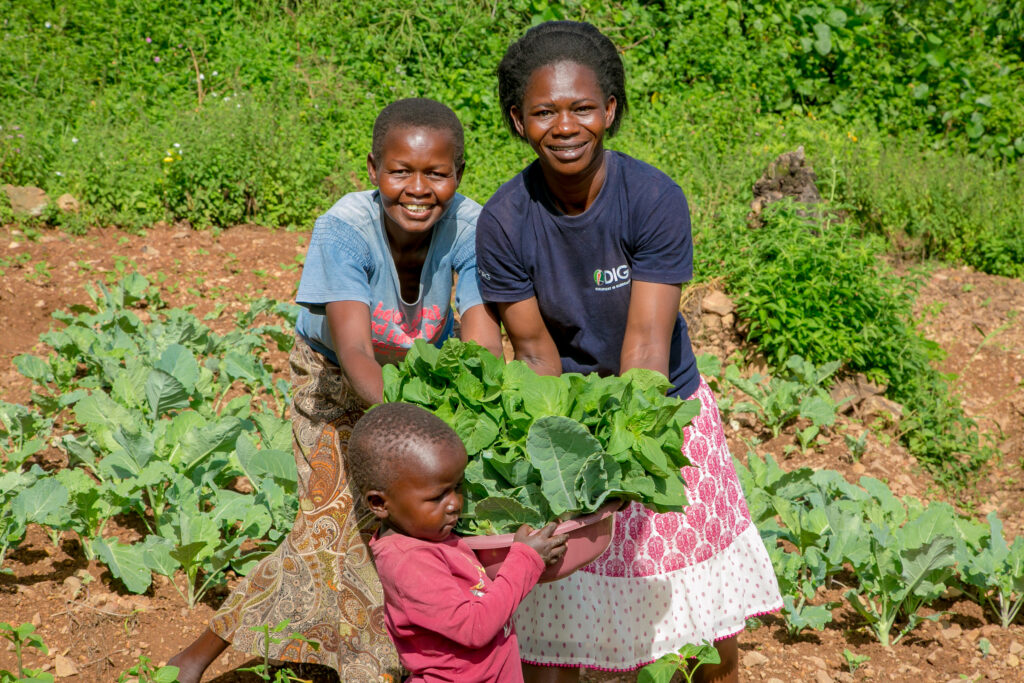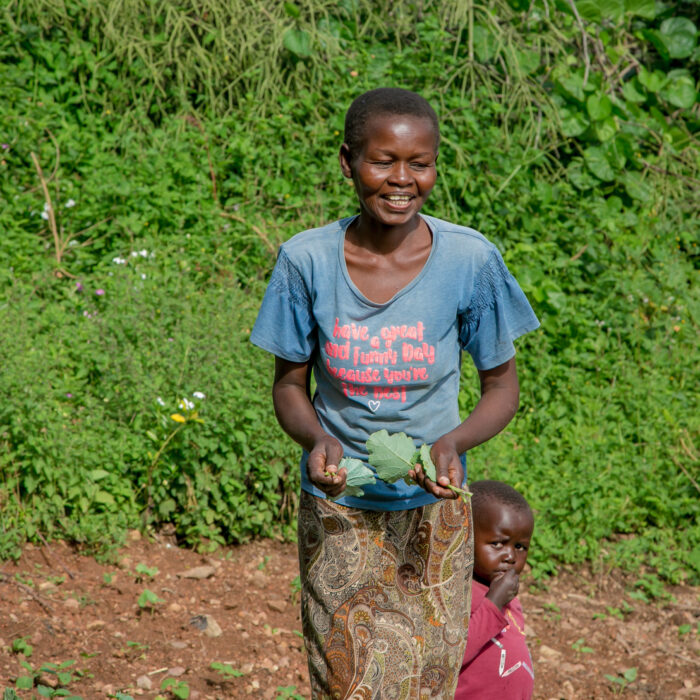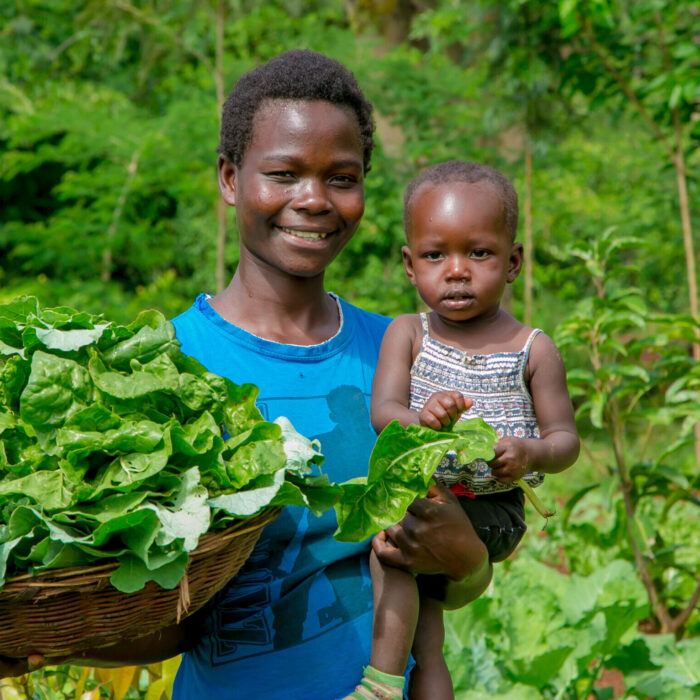
“They Said Nothing Could Grow Here.” Janice Proved Them Wrong.
June 4, 2025

June 4, 2025

In the rocky hills of Angiro Village, few believed anything could grow. But with the support from DIG’s Priority Household Program and Mentor Mother Hilda, Janice turned once barren land into a thriving, nutrient-rich garden. Today that rocky patch is feeding her family and reshaping their future. Meet Janice and see what resilience looks like in action. Keep reading below.

What happens when foreign aid disappears? In Kenya, four hospitals that DIG partners with are seeing firsthand how devastating that answer can be: no more Ready-to-Use Therapeutic Foods (RUTFs), no more emergency lifelines. Families are being turned away with nothing. But these hospitals aren’t standing alone. Through DIG’s Priority Household Program, they’re finding a way forward, one rooted in locally grown solutions, not foreign aid.